Of all the Hungarian ministers, you are one of the most active on social media; alongside pictures, you also post brief videos and live press conferences allowing viewers to catch a glimpse of everyday life in Hungarian diplomacy. Do you personally consider this direct form of communication important, or is it required by the office?
I have actually progressed quite a bit in this sense – for a long time, I was against the online world. This ended in the beginning of 2020 and since then, I am on Facebook and Instagram. As the communications director of Fidesz from 2006 to 2010 and then as the Prime Minister’s spokesperson from 2010 to 2012, we were accustomed to a dramatically different communications environment – evidenced by the fact that after a few weeks following the launch of my Facebook page, a friend remarked that he was not even aware I work as much as I do. Yet, before appearing on social media, I worked just as much as I do now.
Today however, if you do not broadcast your message via social media, then you reach far fewer people, and informing citizens is an important task of mine, so it has become a useful tool.
I have come to peace with it, though I certainly will not be sucked into the world of social media. I still hold the distinction between the virtual and real world quite important.
You started your week with a visit to Subotica (Szabadka) where two groups of migrants were shooting at each other last Saturday. Multiple people were injured, one of them even died. What did you experience there?
Naturally, locals are restless but I do not think this is all that surprising – if thousands of illegal migrants were walking around our streets, we would be restless as well. In fact, this would be the case in Hungary if in 2015 we had not continuously fought for our position, if we had just subsided to the European mainstream and we had not spent so much money and resources on protecting the southern border with military, police forces, and the fence we built in the past few years.
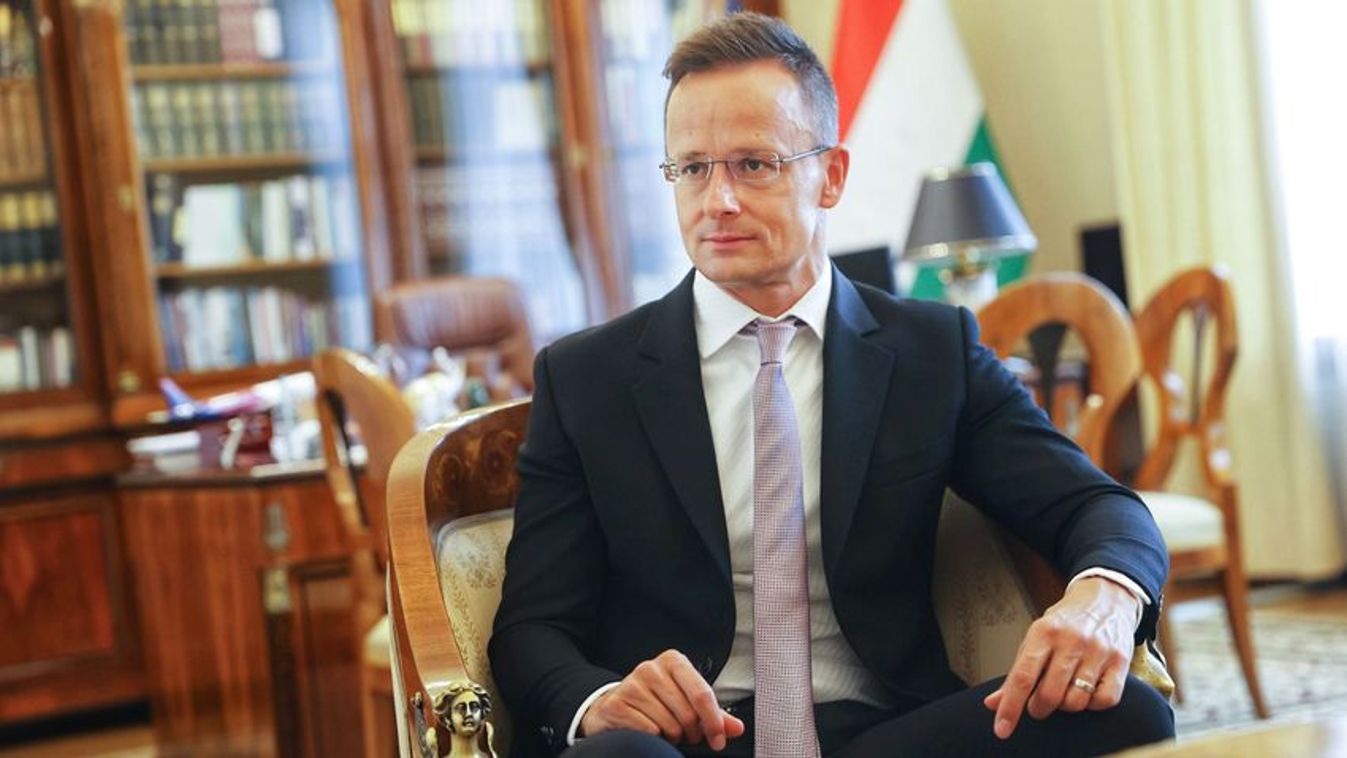
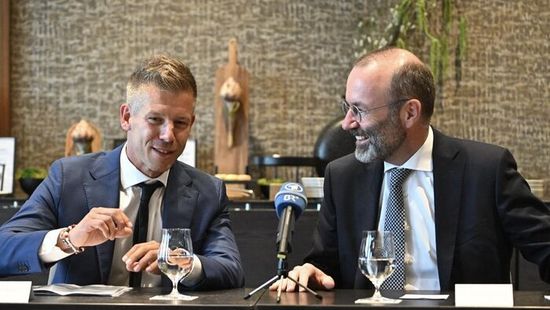

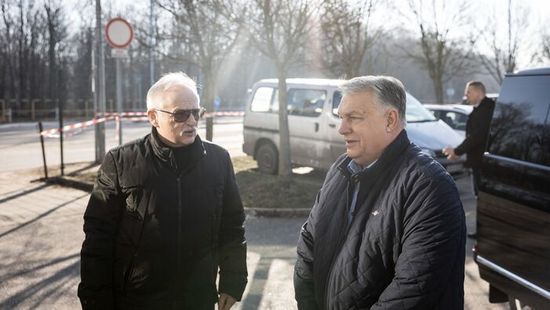


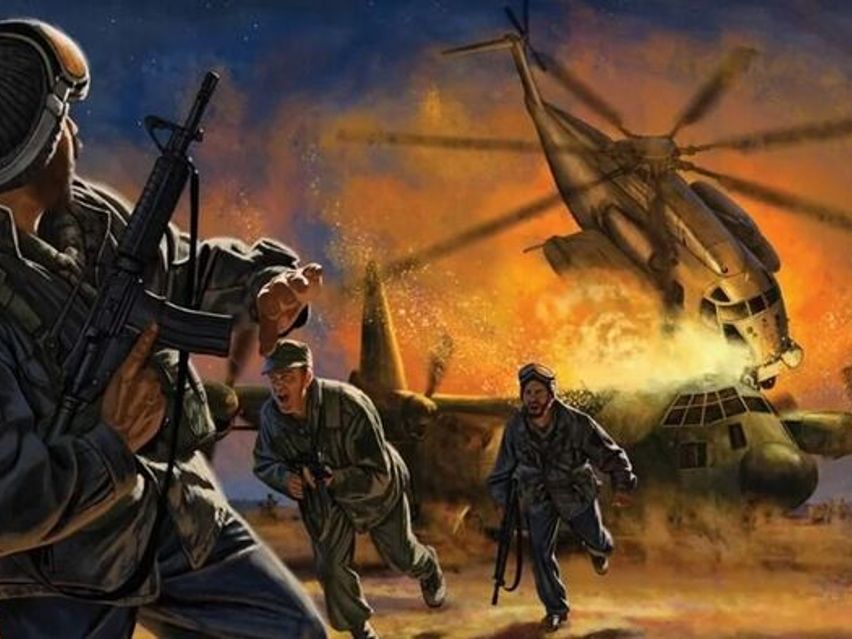
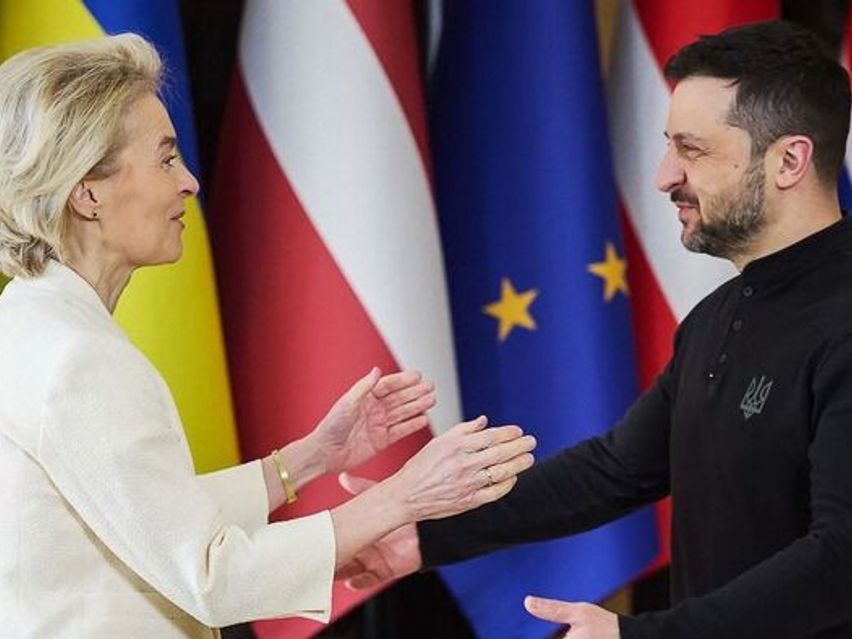




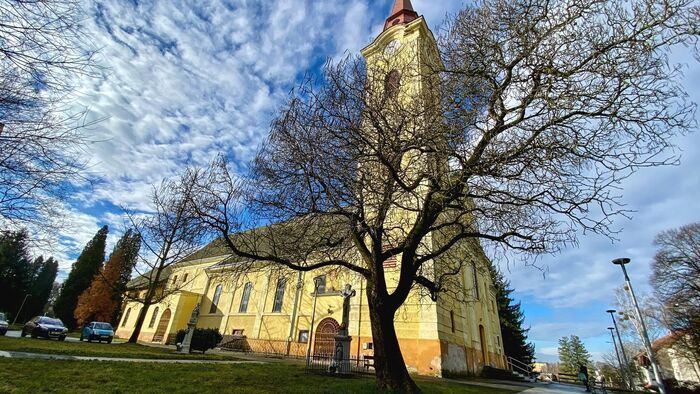
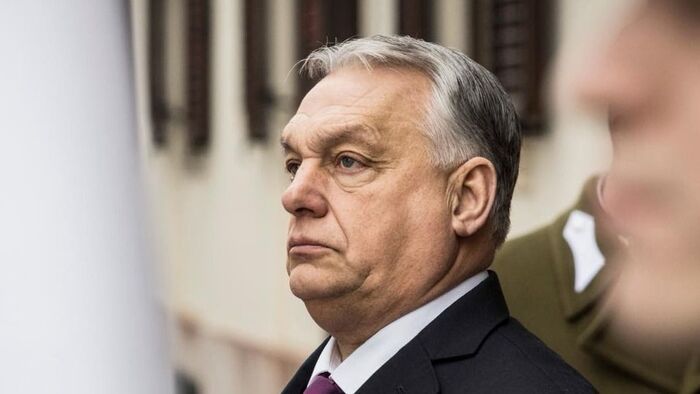

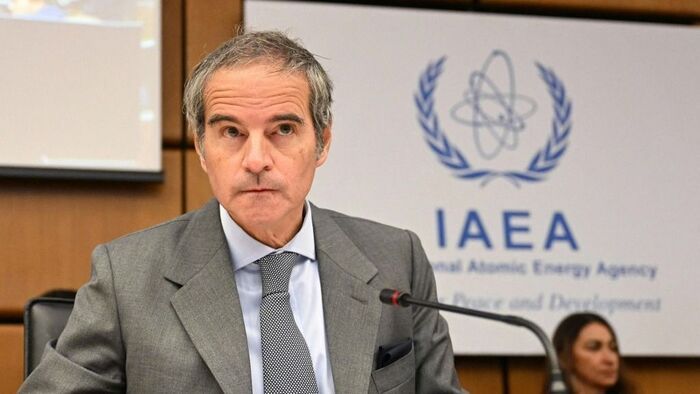
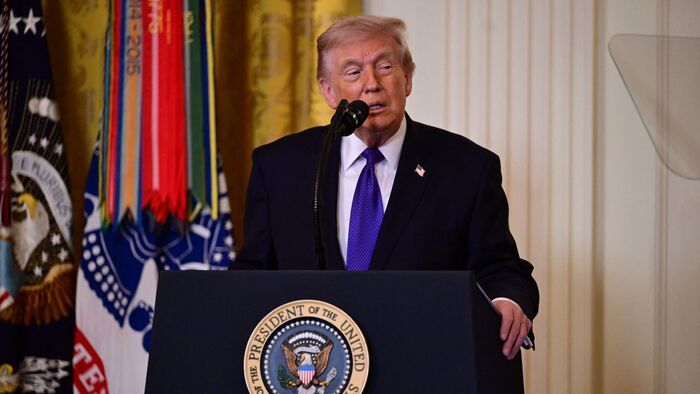
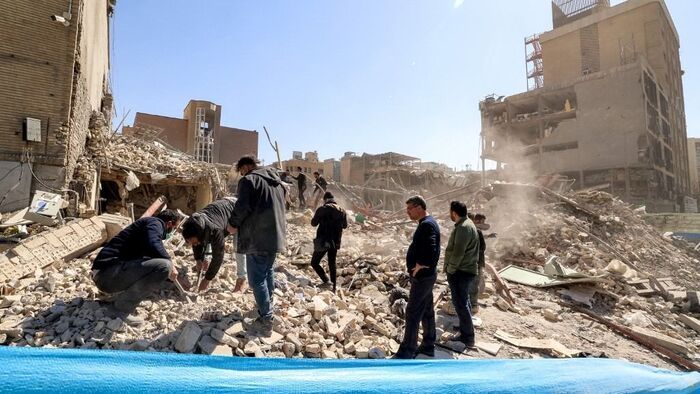



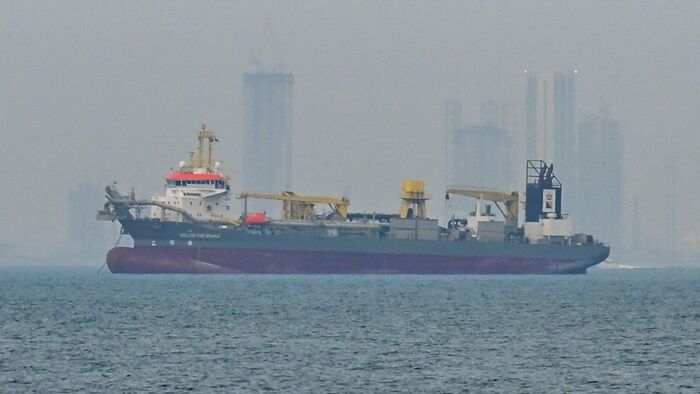

Szóljon hozzá!
Jelenleg csak a hozzászólások egy kis részét látja. Hozzászóláshoz és a további kommentek megtekintéséhez lépjen be, vagy regisztráljon!